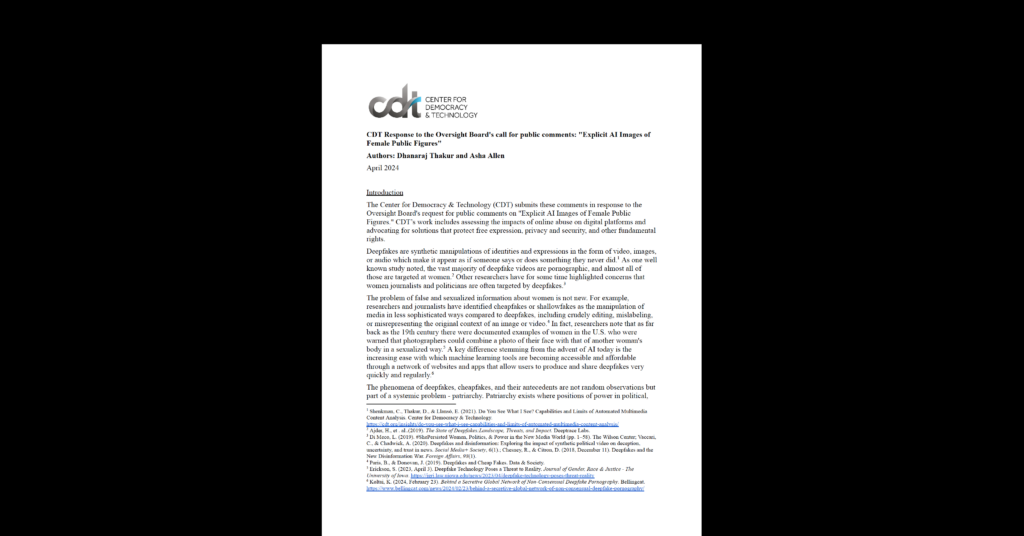European Policy, Free Expression
Speech 2.0 – Free Expression in the New “Digital Europe”
Dynamic and interactive platforms for networking and self-publishing are flourishing in Europe, making the Internet more accessible, more relevant, and more integrated into Europeans’ experience of daily life. Europeans are embracing these platforms to engage in expressive activities – exchanging news stories, engaging political leaders, sharing creative content, and launching social media campaigns. And European innovations in digital preservation and language translation tools are enabling greater access to information in Europe and around the world.
We wanted to highlight these things, so we developed a whitepaper entitled, Speech 2.0: Free Expression in the New Digital Europe. This paper aims to highlight the many ways that Europeans are using the Internet to further the enjoyment of their fundamental free expression rights. The paper provides policy recommendations for maintaining this unprecedented platform for individual expression, including:
- Resisting censorship of user-generated content, either directly or via intermediaries,
- Safeguarding Internet access, and banning all forms of blocking, throttling, and network disruptions,
- Fostering new media pluralism and securing the information environment against the chilling effects of surveillance on journalists and readers, and
- Advancing the EU’s ambitious agenda for a “digital Renaissance” by investing in tools for digitisation and sharing of cultural works.


